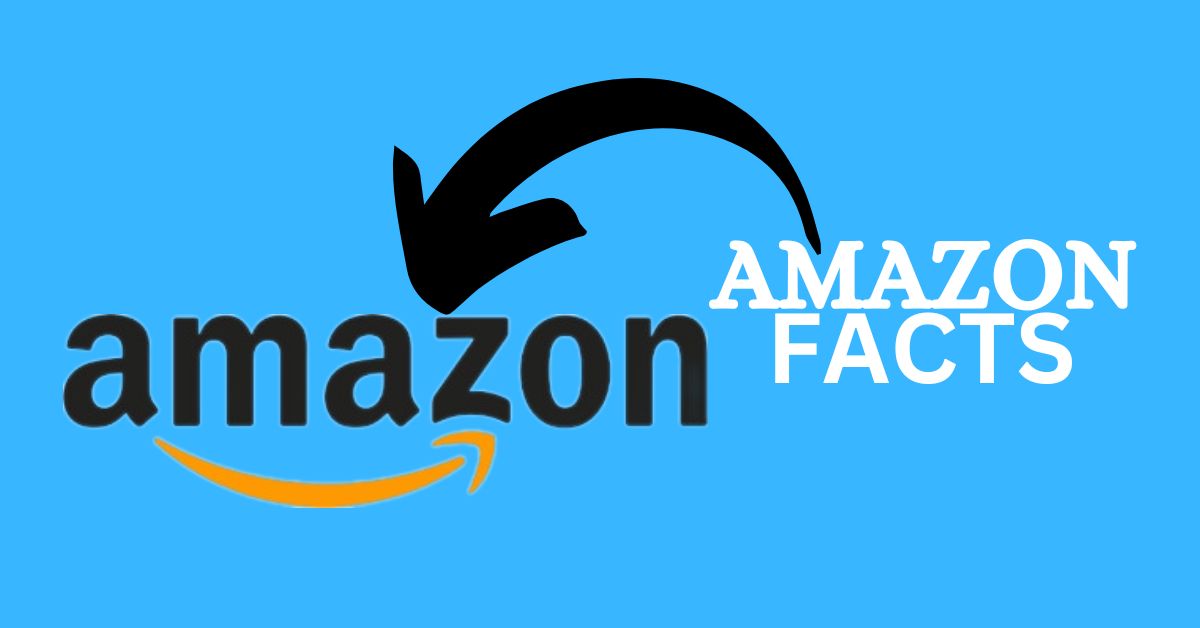
Founded:
Amazon was founded by Jeff Bezos on July 5, 1994, in Bellevue, Washington, USA.
Initial Focus:
Originally, Amazon started as an online bookstore, but it quickly diversified into selling various other products, including electronics, software, apparel, furniture, food, toys, and jewelry.
Expansion:
Over the years, Amazon has expanded its business operations significantly. It now includes divisions such as Amazon Web Services (AWS), which provides cloud computing services, Amazon Prime, a subscription-based service offering free shipping, streaming video, and other benefits, and Amazon Studios, which produces original TV shows and movies.
Market Capitalization:
Amazon was one of the most valuable companies in the world by market capitalization, often competing with companies like Apple, Microsoft, and Alphabet (Google).
Acquisitions:
Amazon has made several high-profile acquisitions over the years, including the purchase of Whole Foods Market in 2017 for $13.7 billion, which marked its entry into the grocery industry.
Workforce:
Amazon is one of the largest employers globally, with hundreds of thousands of employees worldwide, spanning various roles from warehouse workers to software engineers.
Technology:
Amazon is known for its innovative use of technology in areas such as logistics and supply chain management, with initiatives like drone delivery and cashier-less stores (Amazon Go).
Controversies:
Amazon has faced criticism and controversies over its labor practices, tax policies, and its impact on small businesses and traditional retail. However, it has also been praised for its customer service, convenience, and innovative business strategies.
Jeff Bezos:
Jeff Bezos, the founder of Amazon, served as its CEO until July 2021, when he stepped down and was succeeded by Andy Jassy, the former head of Amazon Web Services. Bezos remains involved with the company as the executive chairman.
COVID-19 Pandemic:
During the COVID-19 pandemic, Amazon experienced a surge in demand for its e-commerce and cloud computing services, leading to increased revenues but also facing challenges related to worker safety and logistics disruptions.
Headquarters:
Amazon’s headquarters is located in Seattle, Washington. The campus is known as the Amazon Spheres, which houses lush gardens and workspaces for employees.
Prime Day:
Amazon introduced Prime Day in 2015, an annual shopping event exclusively for Prime members. Prime Day offers discounts on a wide range of products and has become one of the biggest online shopping events globally.
Original Content:
Amazon Studios has produced critically acclaimed original television series, including “The Marvelous Mrs. Maisel,” “Transparent,” and “The Boys.” It has also ventured into film production with movies like “Manchester by the Sea” and “Sound of Metal.”
Amazon Echo:
Launched in 2014, the Amazon Echo is a smart speaker equipped with Amazon’s virtual assistant, Alexa. It allows users to perform various tasks, such as playing music, setting reminders, controlling smart home devices, and providing information, using voice commands.
Logistics Network:
Amazon has developed an extensive logistics network, including fulfillment centers, sorting centers, and delivery stations, to facilitate its rapid order fulfillment and delivery operations.
Amazon Prime Air:
Amazon has been working on Prime Air, a drone delivery service designed to deliver packages to customers in under 30 minutes. It aims to revolutionize last-mile delivery and reduce delivery times.
AWS Dominance:
Amazon Web Services (AWS) is a leading provider of cloud computing services, offering a wide range of services such as computing power, storage, and databases to businesses and organizations worldwide. AWS dominates the cloud computing market, with a significant market share compared to its competitors.
Bezos’ Blue Origin:
Jeff Bezos founded Blue Origin, a private aerospace manufacturer and spaceflight services company, in 2000. Blue Origin focuses on developing technologies to enable space tourism and space exploration, including its New Shepard suborbital rocket.
Environmental Initiatives:
Amazon has committed to various environmental initiatives, including the Climate Pledge, which aims to make the company carbon neutral by 2040. It has also pledged to use 100% renewable energy for its operations.
Economic Impact:
Amazon’s growth and expansion have had a profound impact on the global economy, influencing consumer behavior, disrupting traditional retail, and reshaping industries such as publishing, entertainment, and technology.
Twitch:
Amazon acquired the popular live streaming platform Twitch Interactive in 2014 for approximately $970 million. Twitch is primarily known for its focus on video game live streaming but has expanded to include content related to music, art, and other forms of entertainment.
Amazon’s Own Brands:
In addition to selling products from various brands, Amazon has also developed its own private label brands across numerous categories, including electronics, household goods, clothing, and groceries. Examples include AmazonBasics, Amazon Essentials, and AmazonFresh.
Amazon Books:
Despite its origins as an online bookstore, Amazon has also ventured into brick-and-mortar retail with Amazon Books. These physical stores offer a curated selection of books, as well as Amazon devices and accessories.
Amazon’s Patent Portfolio:
Amazon is one of the top patent holders globally, with a significant number of patents covering a wide range of technologies and innovations. These patents encompass areas such as e-commerce, cloud computing, robotics, and artificial intelligence.
Customer Data:
Amazon collects vast amounts of data on customer preferences, purchasing behavior, and browsing habits. This data is used to personalize product recommendations, improve the shopping experience, and inform business decisions.
Prime Video:
Amazon Prime Video is a streaming service that offers a wide selection of movies, TV shows, and original content to Prime members. It competes with other popular streaming services like Netflix, Hulu, and Disney+.
Amazon’s Robotics:
Amazon has heavily invested in robotics technology to automate and optimize its warehouse operations. The company utilizes robots for tasks such as picking, packing, and transporting items, increasing efficiency and reducing labor costs.
Alexa Skills:
Developers can create third-party applications, known as Alexa Skills, to extend the functionality of Amazon’s virtual assistant, Alexa. These skills enable users to perform a wide range of tasks, from ordering food to controlling smart home devices, using voice commands.
International Expansion:
Amazon has expanded its operations to numerous countries around the world, including major markets in North America, Europe, Asia, and beyond. It tailors its offerings and services to meet the needs of local customers in each region.
Community Impact:
Beyond its business activities, Amazon has initiatives aimed at supporting communities and addressing social issues. These include programs focused on education, job training, environmental conservation, and disaster relief efforts.







